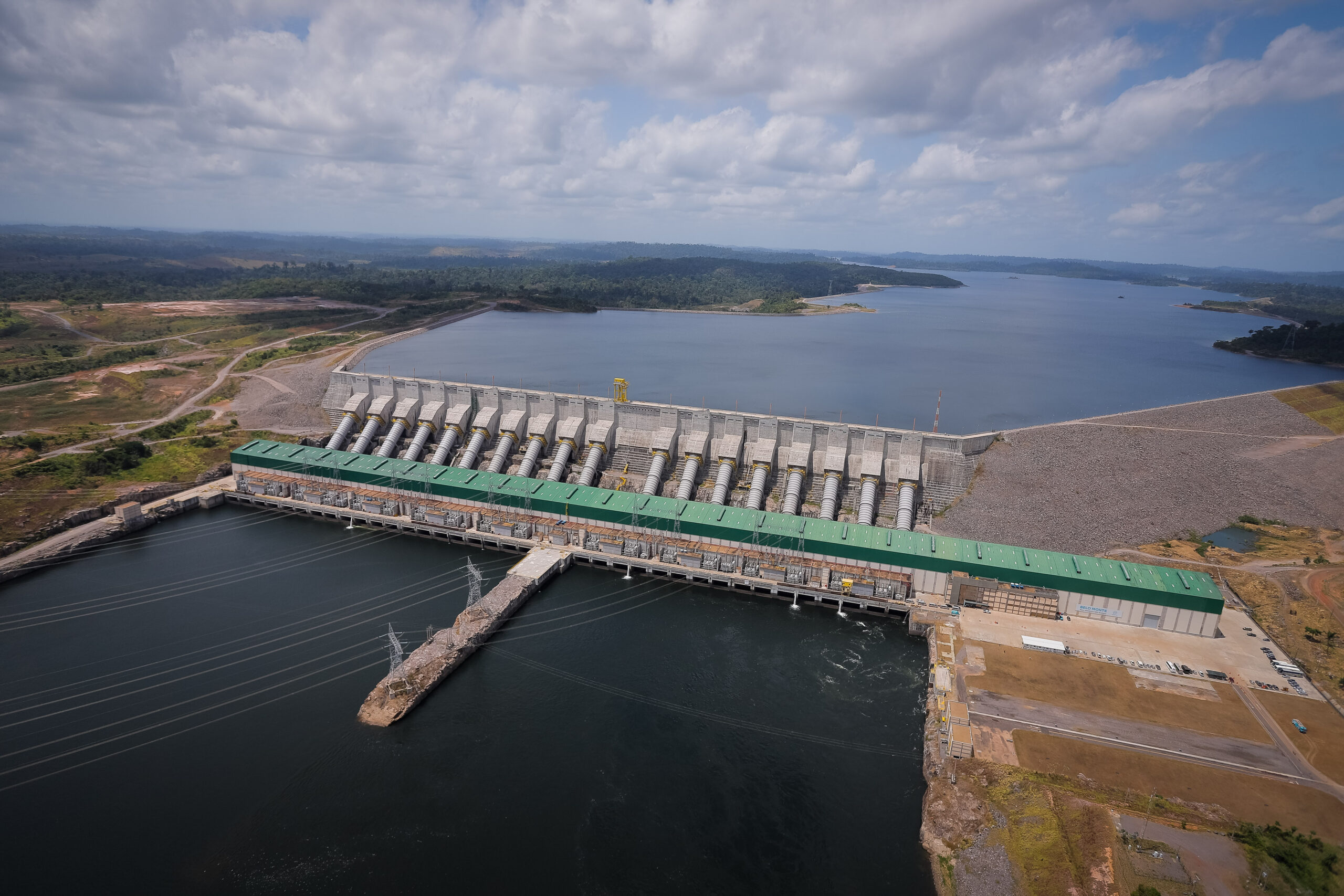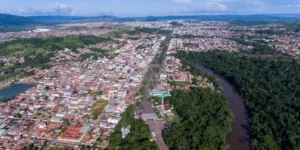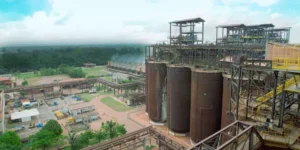Both Norte Energia and the Belo Monte Construction Consortium, responsible for the Belo Monte hydroelectric plant on the Xingu River in Pará, are reportedly transferring “much less than they should” to the city government of Vitória do Xingu, according to the Repórter Diário column in today’s edition of Diário do Pará. According to the newspaper, the city government “is having difficulty balancing its accounts for the 2014 financial year.” Revenues forecast in the budget “were not confirmed – but expenses were.”
The Belo Monte Basic Environmental Project foresees direct investments of R$3.2 billion (13% of the project’s budget, which would be the largest proportion ever recorded in the country) in socio-environmental actions. And another R$500 million for the Xingu Sustainable Regional Development Program, money invested by city governments in the area of influence, such as Vitória do Xingu.
With the start of construction on the plant, the resources for Vitória do Xingu have multiplied, especially the ISS revenue. In July, the city government received R$1 million in machinery from Norte Energia. Over the past two years, Mayor Evandro Amaral Oliveira (PSD) and his deputy, José Caetano Oliveira (PTB), have been fighting a legal battle to remain in office, from which they have already been removed and to which they have managed to be provisionally reinstated.
When reporting the fact – still speculatively –, the Diário says that this matter “should be brought to the attention of the Court of Auditors of Municipalities, this week or next.” However, some agency or body representing society should monitor the environmental project and the social program to find out how much money has already been spent, how much of the budget is, how much has been applied, where and how.
There are hardly any city governments in Brazil that are up to date with their obligations, especially regarding the fair use of public funds or agreements. Belo Monte has the first sustainable development program implemented before the hydroelectric plant begins operating. This did not happen in Tucuruí, which began in 1976, when there was no such concern.
The change was for the better. But did it really change?








